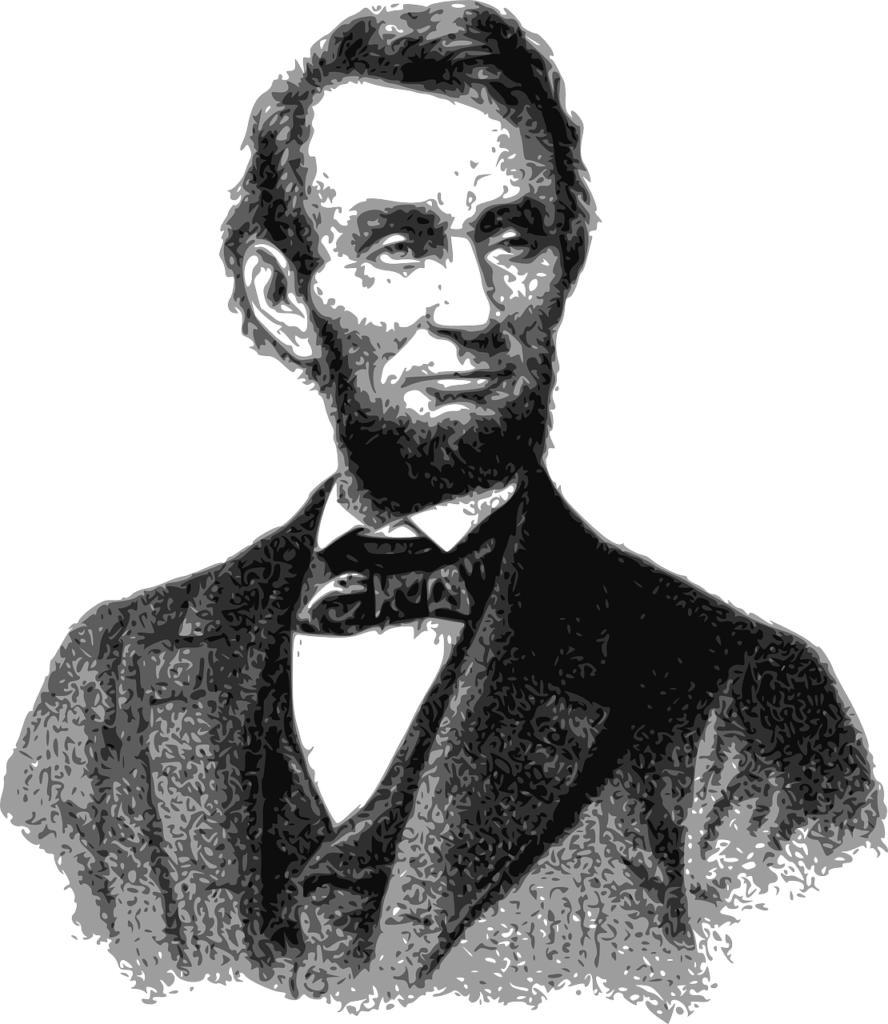
Hard Truths the Best Leaders Know
Jon Meacham’s recent biography of Abraham Lincoln – And There Was Light: Abraham Lincoln and the American Struggle – was a reminder of two important leadership truths:
1. Leadership often requires being disliked and unconcerned about other people’s judgments.
2. It also requires the courage to make decisions and act in the face of uncertainty and self-doubt.
Most historians rate Lincoln as the greatest of all US Presidents. But that was not the case in 1860 and throughout the Civil War. He was mostly hated by supporters of the Confederacy. And he was often doubted and even judged a buffoon by citizens of the Union.
Lincoln was certainly aware of what others thought of him. At times, the criticism he faced caused painful self-doubt. But decisions had to be made and actions had to be taken to save the Union.
Lincoln was able to persevere despite his self-doubts and failures because he was guided by ultimately unwavering values and principles. These included:
· Slavery must be eradicated.
· The South must surrender unconditionally. Any compromise on slavery would mean its spread to new territories and states, and for Lincoln this was unacceptable.
· Being president required humility and compassion, even towards his enemies. This was reflected in a famous quote from his second inaugural address: “With malice toward none, with charity for all, with firmness in the right as God gives us to see the right, let us strive on to finish the work we are in to bind up the nation’s wounds, to care for him who shall have borne the battle and for his widow and his orphan – to do all which may achieve and cherish a just and lasting peace among ourselves and with all nations.”
All leaders (including Lincoln and you) are imperfect and have human limitations and fallibilities. This is why being a leader is so hard. Lincoln was often in uncharted waters, like all leaders. During these times, he sought guidance and counsel from people he trusted, made decisions, and acted.
Your decisions and challenges are likely not as momentous as Lincoln’s, but they are important. Here are some important challenges clients have been working to resolve:
· What to do when a long-term and loyal employee is not performing, and the lack of performance can no longer be ignored.
· How to create a leadership culture that supports employee engagement and commitment.
· How to deal with an angry board member who is lashing out.
· Discerning whether a downturn in revenue is a result of the economy or do we need to change our business model.
There are no easy answers to these dilemmas. That said, there are some tools that I have found helpful in my work with clients and in my role as CEO of The Bailey Group:
· Concentrate on self-respect rather than the approval of others.
· Trust your principles and act on them.
· Take responsibility for your beliefs, thoughts, feelings, and actions. Psychologists have taught us that our beliefs create the world we see. Humility and a willingness to change our beliefs in the face of new information are how we grow.
· Build a team. Lincoln surrounded himself with former rivals and people more experienced in government than he was, and he often changed course because of their input and advice.
· Never stop learning. Lincoln was an autodidact. He had very little formal schooling but was a voracious reader throughout his life. If you aren’t learning you are falling behind.
The most difficult decisions are not usually of a technical nature. They are difficult because they require action in the face of uncertainty and the risk of being criticized and unpopular. At these times, go back to your values and principles, consult with those you trust, and act. In other words, be the leader you are capable of being.
Brief quote – “The most difficult decisions are not usually of a technical nature. They are difficult because they require action in the face of uncertainty and the risk of being criticized and unpopular.”




